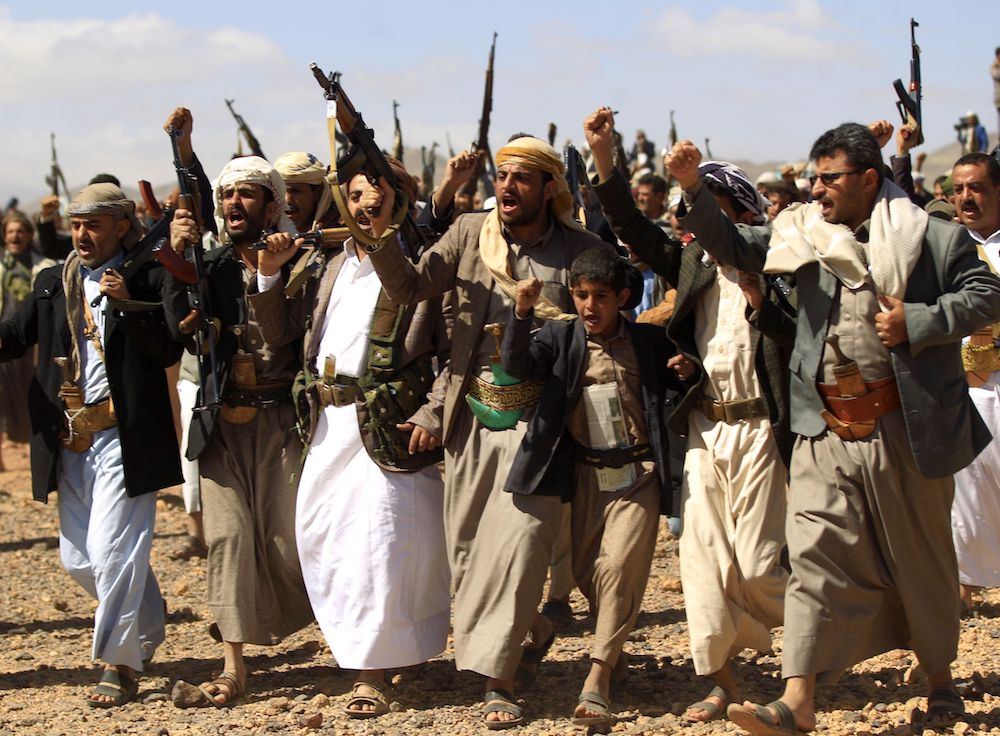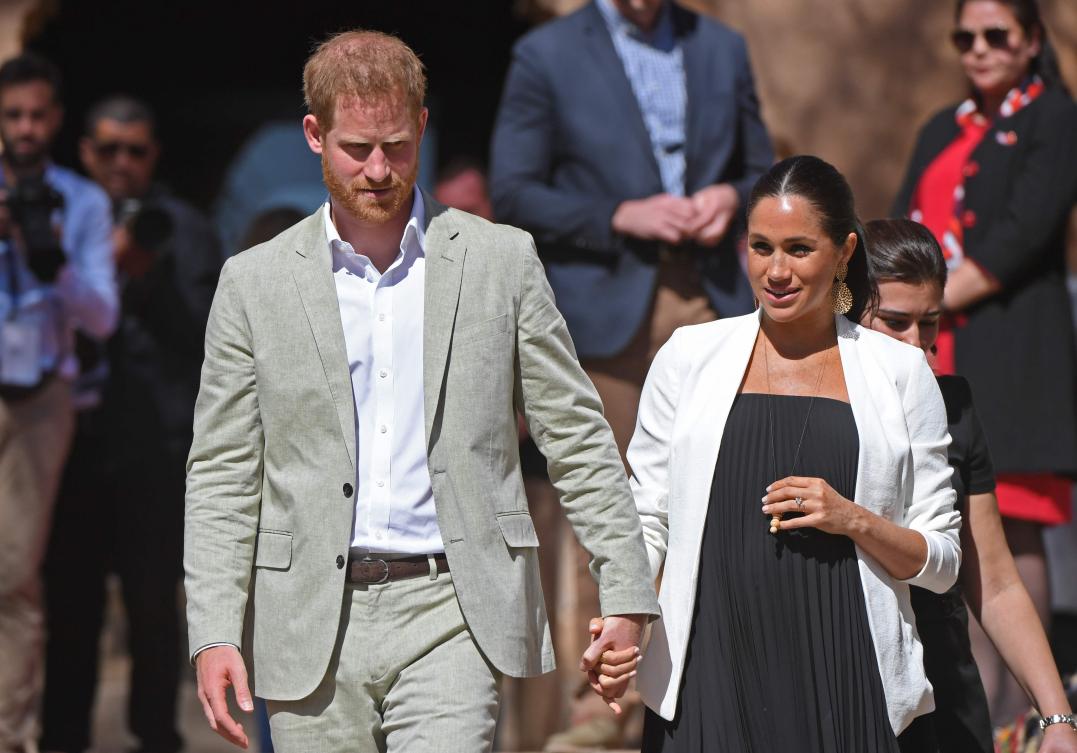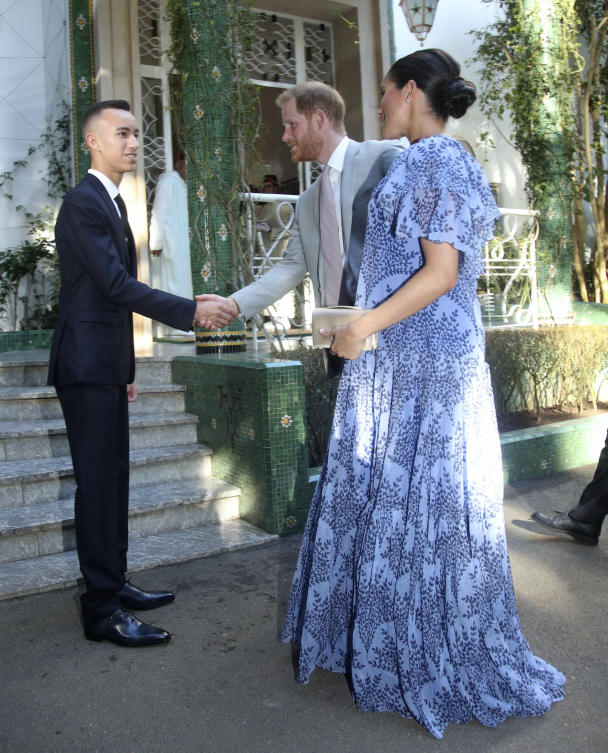OMAR OIL FIELD, Syria: US-backed Syrian forces warned on Sunday they were struggling to cope with an outpouring of foreigners from Daesh’s imploding reign, urging governments to take responsibility for their citizens.
The Kurdish-led Syrian Democratic Forces (SDF) have evacuated nearly 5,000 men, women and children from the militant redoubt since Wednesday, moving closer to retaking the last sliver of territory under Daesh control.
“The numbers of foreign fighters and their relatives that we are holding is increasing drastically,” Kurdish foreign affairs official Abdel Karim Omar told AFP.
“Our current infrastructure can’t handle the mass influx,” he said.
Syria’s Kurds have repeatedly called on foreign countries to repatriate their citizens, but most have been reluctant to allow battle-hardened militants and their relatives back home due to security concerns.
But more than four years after Daesh declared a cross-border proto-state, the militants have lost all but a tiny patch of land in the village of Baghouz near the Iraqi border.
After years of fighting Daesh, Syria’s Kurds say they hold hundreds of suspected Daesh fighters and their relatives.
“As thousands of foreigners flee Daesh’s crumbling caliphate, the burden which is already too heavy for us to handle is getting even heavier,” SDF spokesman Mustafa Bali said on Twitter late Saturday.
“This will remain as the biggest challenge awaiting us unless governments take action and fulfill their responsibilities for their citizens,” he said.
No evacuations were reported from the enclave on Saturday, but the two batches that left on Wednesday and Friday included Europeans, Iraqis and nationals of former Soviet countries, according to the SDF.
Around 46,000 people, including a large number of foreigners, have streamed out of Daesh’s shrinking territory since early December, according to the Syrian Observatory for Human Rights, a Britain-based war monitor.
While civilians are trucked north to Kurdish-run camps for the displaced, suspected militants are sent to SDF-controlled prisons.
Omar said SDF “detention centers can’t accommodate all the fighters” coming out of the last Daesh pocket.
The evacuation of men, women and children has put a strain on Kurdish-run camps for the displaced, especially the Al Hol camp, which now shelters more than 40,000 people.
“There is a lot of pressure on us, especially in Al Hol, where in addition to the relatives of IS fighters you have a large displaced population,” Omar said.
On Thursday, nearly 2,500 evacuees arrived at Al Hol, compounding already dire conditions inside the crammed settlement, the UN’s humanitarian coordination office OCHA said.
“Thousands more are expected in coming hours/days at Al-Hol camp, putting a further strain on basic services,” it tweeted Friday.
“This sudden influx presents huge challenges to the response — additional tents, non-food items, water and sanitation and health supplies are urgently needed.”
The International Rescue Committee on Friday said 69 people, mostly children, had died on the way to Al-Hol, or shortly after arriving in past weeks.
The battle for Baghouz is now the only live front in Syria’s war, which has killed more than 360,000 people and displaced millions since 2011.
The SDF say they are trying to evacuate remaining civilians through a corridor before pressing on with a battle to crush the militants unless holdout fighters surrender.
Some 2,000 people are believed to remain inside Baghouz, including foreigners, according to the US-backed force.
Many European countries are now confronted with the dilemma of whether to bring back their citizens who traveled to join the group and prosecute them at home, or bar them from entry over security concerns.
On Friday, the family of Shamima Begum, 19, said it would challenge the British government’s decision to revoke her citizenship.
Begum, who traveled to Syria in 2015 aged just 15, faced being left stateless after Britain revoked her citizenship, and Bangladesh, where her parents are from, said it did not want her.
On Thursday, the father of Hoda Muthana, 24, sued to bring her home after President Donald Trump’s administration declared she was not a US citizen.









